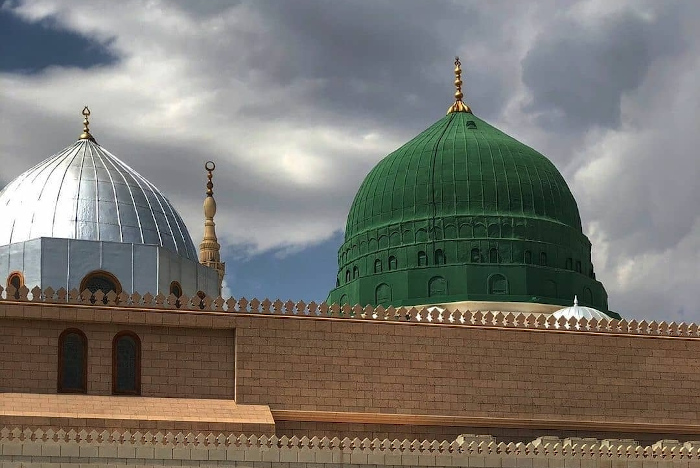 The Importance of Salaah in the Life of Hazrat Moulana Ilyaas (rahimahullah)
The Importance of Salaah in the Life of Hazrat Moulana Ilyaas (rahimahullah)
Hazrat Moulana Muhammed Ilyaas (rahimahullah) understood the great position of salaah in deen and hence whether he was on journey or at home, he was always particular about azaan, iqaamah and performing salaah with jamaat.
Moulana Abul Hasan Ali Nadwi (rahimahullah) says, “On numerous occasions, I travelled with Hazrat Moulana (rahimahullah) by bus or train, and I do not remember having performed any salaah without azaan, iqaamah and jamaat. No matter how crowded the train was, Hazrat Moulana (rahimahullah) would call out the azaan and iqaamah and perform salaah with jamaat. As soon as the people in the train would hear the azaan being called out, they would make place for Hazrat Moulana (rahimahullah) and his companions to perform salaah.”
Moulana Abul Hasan Ali Nadwi (rahimahullah) also mentions, “I once returned from a journey accompanied by a friend who had not been able to perform salaah in the train due to over-crowding. As we met Hazrat Moulana (rahimahullah), the very first thing that he enquired about from us was whether we had performed salaah, and he felt greatly disappointed when I told him that I had performed salaah while my friend had not done so due to the crowd.
“Hazrat Moulana said, ‘From the time I commenced this work of tableegh (approximately 20 years ago), I have not performed a single salaah without jamaat while traveling by train, to the extent that Allah Ta‘ala, through His grace, had even made it possible for me to perform taraweeh on the train, though sometimes I could only perform two rakaats. However, the taraweeh was never completely left out.’”
Such was the importance that Hazrat Moulana (rahimahullah) showed to salaah that even in his final illness, he ensured that he performed every salaah with jamaat in the musjid until he passed away.
Moulana Manzoor Nu’maani (rahimahullah) mentions that while he was present in Nizaamuddeen (at the very end of the life of Moulana Muhammed Ilyaas [rahimahullah]), Moulana’s (rahimahullah) weakness had increased to the extent that he was no longer able to stand unassisted. Those whom Allah Ta‘ala had blessed to be in his service would need to give him support in order to assist him to stand.
At the time of salaah, his attendants would help him to stand, and while supporting him, they would bring him to the front of the musjid and make him stand on the imaam’s musallah. The moment he stood on the musallah and called out the takbeer, he would suddenly regain his strength, and no one knew where this strength came from. He would perform the entire salaah standing and performing the rukoo and sajdah like a healthy person. During the salaah, Moulana (rahimahullah) did not require support or assistance from any person.
However, as soon as he made salaam and completed the salaah, his weakness would return, to the extent that he was unable to even sit properly. His attendants would then assist him to place his back against the wall and sit comfortably.
After a few days, his weakness increased to the point where he was unable to lead the salaah as imaam. Now, when the congregation would stand to perform salaah and the iqaamah would be called out, his attendants would assist him to stand in the first saff where he would perform the entire salaah behind the imaam while standing.
After a few days, his weakness increased even more. Now, Moulana (rahimahullah) was unable to stand and perform salaah, and hence his attendants would make him sit in the first saff where he would perform the salaah sitting.
In his final days, when he was so weak and sick that he was unable to even perform salaah sitting, then his attendants would bring him into the musjid and place him in the end of the first saff, on one side of the musjid, where Moulana (rahimahullah) would perform his salaah lying down.
This was the great importance which he showed to salaah, where even in this state, he did not want to leave out performing salaah with jamaat in the musjid. (Tahdeeth-e-Ni’mat pg. 215-216)
 Ihyaaud Deen An Effort to Revive Deen in Totality
Ihyaaud Deen An Effort to Revive Deen in Totality



